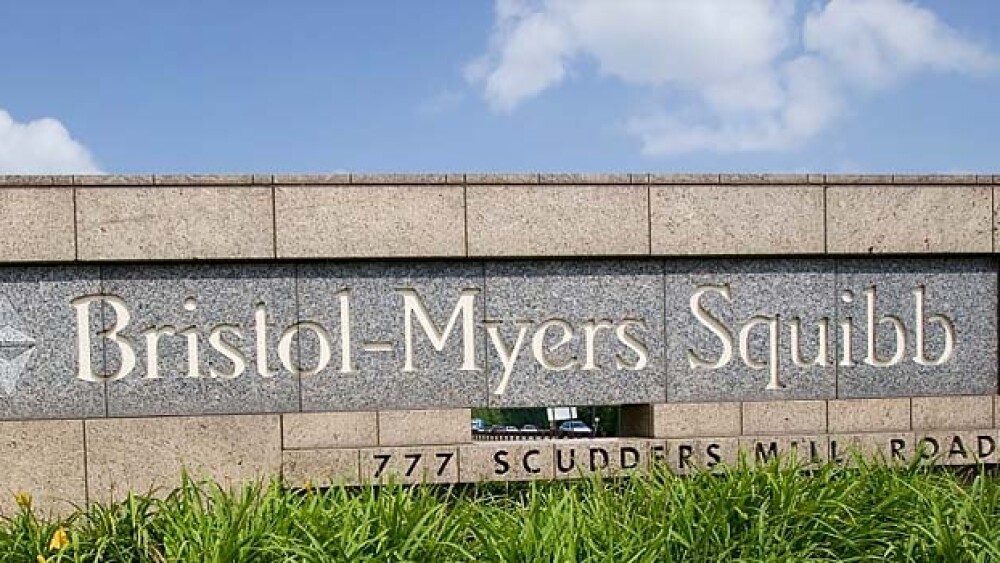“Bristol-Myers Squibb is committed to working with regulatory authorities around the world on the proposed combination with Celgene,” the company stated. “The company is focused on realizing the promise of the transaction, and is continuing to work to complete the transaction on a timely basis.”
As the U.S. Federal Trade Commission (FTC) reviews Bristol-Myers Squibb’s acquisition of Celgene, Bristol-Myers indicates it plans to divest Celgene’s psoriasis and psoriatic arthritic drug Otezla (apremilast).
In January, Bristol-Myers Squibb announced plans to acquire Celgene for about $75 billion. Quickly afterwards, the deal hit a snag as one of its biggest shareholders, Wellington Management Company LLP, objected to the deal. Wellington owns about 8% of Bristol-Myers. Another BMS shareholder, Starboard Value, also opposed the deal. Starboard has about a 1% ownership share. Dodge & Co, who has about a 2% stake also opposed the deal.
For several months Bristol-Myers and Celgene launched a campaign to convince shareholders of the value of the merger. In mid-April, shareholders voted to approve the acquisition.
Now the deal is pending a review by the FTC. BMS indicates that in order for the transaction to close in a timely fashion, it plans to sell off its psoriasis drug, Otezla.
“Bristol-Myers Squibb is committed to working with regulatory authorities around the world on the proposed combination with Celgene,” the company stated. “The Company is focused on realizing the promise of the transaction, and is continuing to work to complete the transaction on a timely basis.”
The divestiture is apparently in response to FTC concerns over the merger. The companies expect the deal to close at the end of this year or in early 2020.
A March 13 article by FTCWatch noted that the companies filed their original antitrust paperwork with the FTC on January 16, which was in the middle of the U.S. government shutdown. Bristol-Myers then pulled its filing in February with plans to refile it, which set up a second 30-day initial review period.
“The merger is expected to face a standard antitrust analysis that examines competition on a drug-by-drug basis but shouldn’t pose a major threat,” wrote FTCWatch. “In the aftermath of the shutdown, the agency may have gotten a slower start than usual on that review…. The FTC may investigate and find that even on drugs that appear to overlap, there is sufficient competition in the space, or divestiture is possible.”
Also in March, the FTC requested more material in its review on Otezla. Bristol-Myers Squibb has a rival TYK2 psoriasis drug in Phase III trials called BMS-986165. Celgene’s Otezla brought in $1.6 billion in 2018, up from $1.28 billion in 2017.
At that time, FTCWatch thought it was possible there might be a conflict with a Celgene pipeline drug it is developing with China’s BeiGene that could be a competitor with BMS’s Opdivo.
Clearly Bristol-Myers Squibb believes Otezla is potentially a bigger issue.
BMS stated, “Bristol-Myers Squibb reaffirms the significant value creation opportunity of the acquisition of Celgene. Together with $2.5 billion of cost synergies, a compelling pipeline and a strong portfolio of marketed products, the Company continues to expect growth in sales and earnings through 2025. The Company is continuing to develop its promising immunology pipeline asset, tyrosine kinase 2 (TYK2) inhibitor, in several autoimmune diseases, including psoriasis.”
This sort of divestiture is not unprecedented. When Takeda acquired Shire, European regulators required the company to sell Shire’s pipeline drug SHP647 in order to retain its ulcerative colitis and Crohn’s drug Entyvio.





